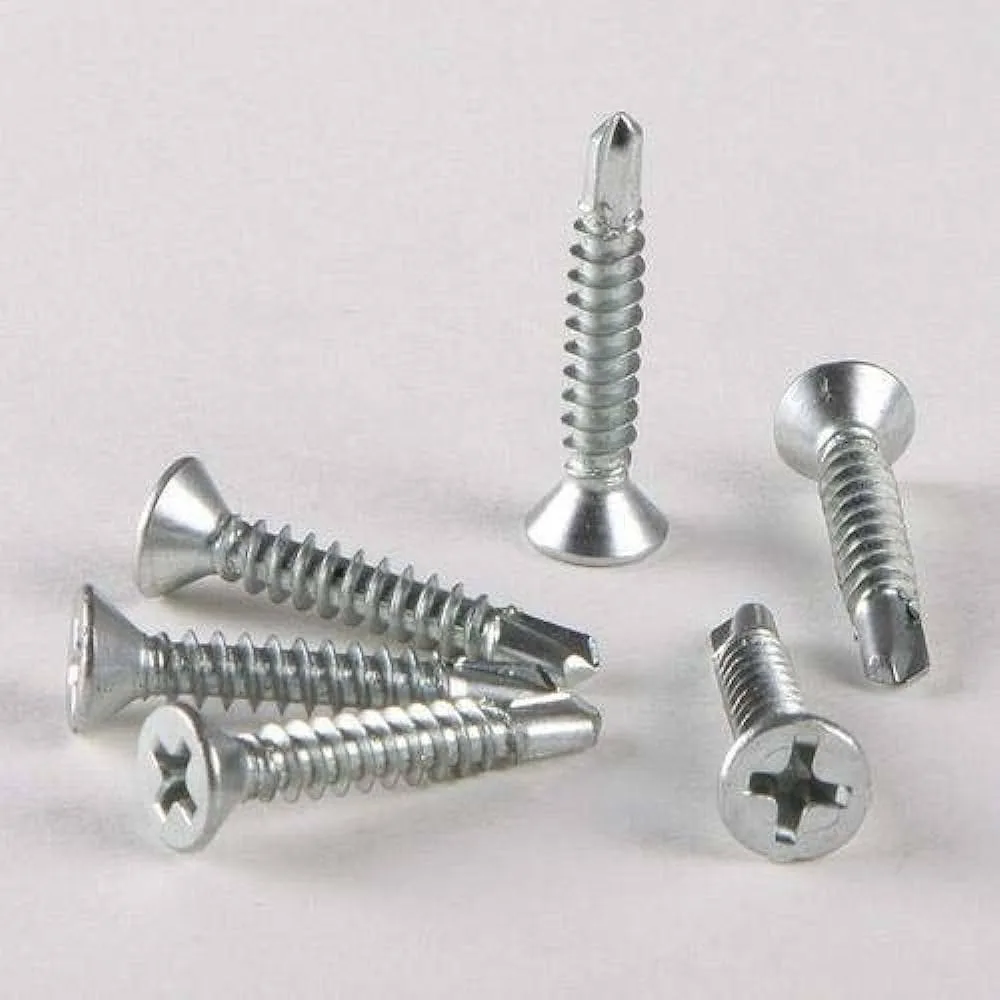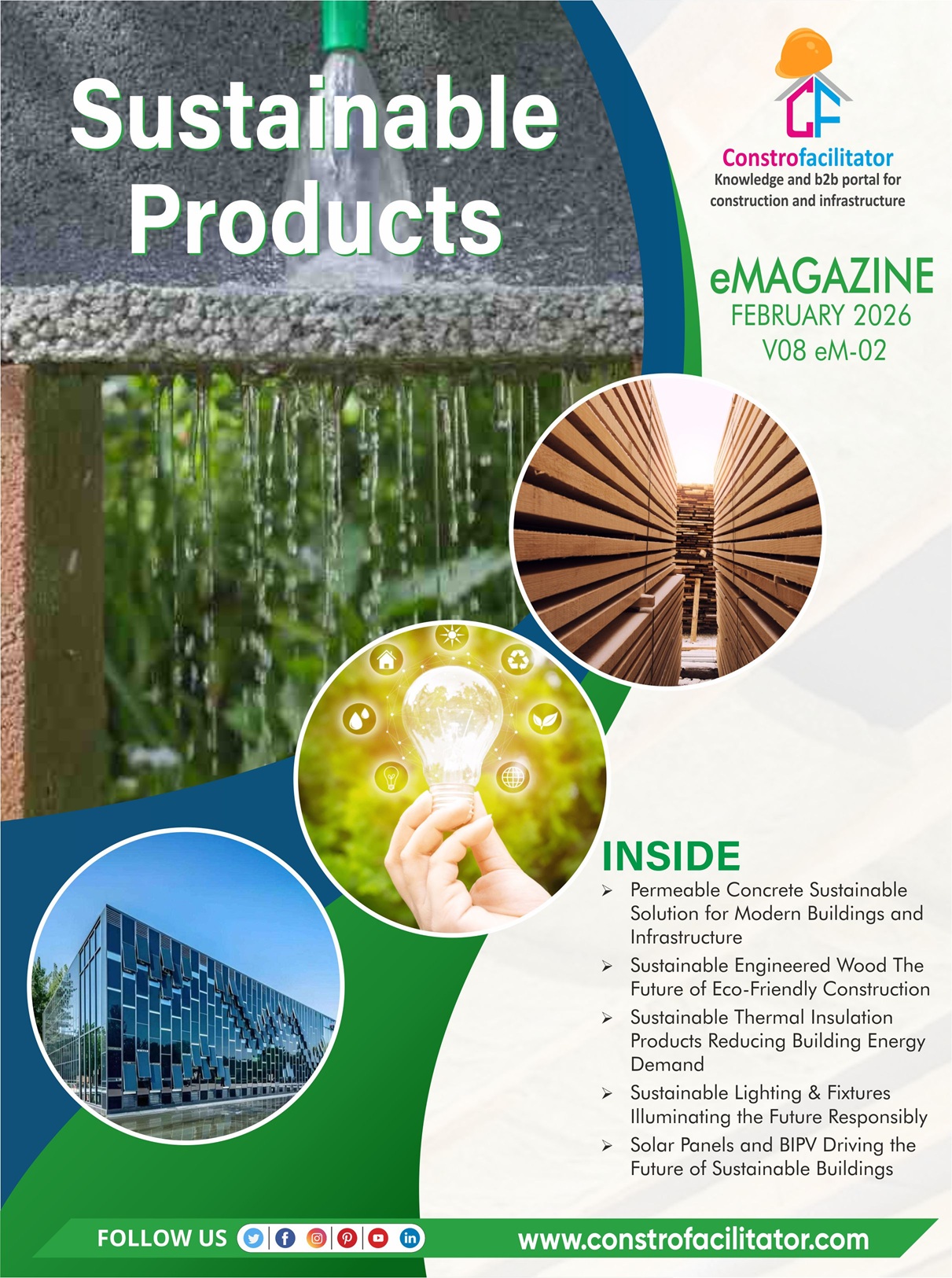Flat roofs consist of level surfaces, typically designed with a minimal slope to facilitate water drainage, making them a distinctive choice for various building types. However, the longevity and performance of a flat roof are closely tied to the selection of fasteners used during installation. Choosing the right fasteners is essential, as they secure the roofing materials and significantly affect the roof’s ability to withstand weather elements, prevent leaks, and maintain structural strength.
Advantages of Fasteners for Flat Roofs
- Provide robust attachment of roofing materials, ensuring the overall stability and integrity of the roof.
- Engineered to resist harsh weather conditions, effectively minimizing the risk of leaks and structural damage.
- Contribute to the longevity of the roofing system by preventing premature degradation and wear.
- Designed for ease of use, facilitating a quicker and more efficient installation process.
- Compatible with a wide range of roofing materials, ensuring optimal performance across various systems.
- Reduce maintenance requirements by preventing issues such as rust and corrosion over time.
- Offer long-term savings by decreasing the frequency of repairs and extending the life of the roof.
- Aid in maintaining insulation effectiveness, contributing to better energy performance.
- Designed to support additional loads, ensuring safety during maintenance and regular use.
Different Materials Used for Manufacturing Fasteners for Flat Roofing
- Steel: Renowned for its strength and durability, often galvanized or coated to enhance corrosion resistance.
- Stainless Steel: Offers superior corrosion resistance, ideal for environments with high moisture or harsh weather.
- Aluminum: Lightweight and corrosion-resistant, suitable for applications where minimizing weight is essential, though it has lower strength compared to steel.
- Plastic: Utilized for specific applications, plastic fasteners resist rust and corrosion, making them suitable for certain roofing scenarios.
- Bronze: Provides excellent corrosion resistance, particularly in coastal areas where salt exposure can be an issue.
- Zinc-Coated Steel: A cost-effective option that offers good corrosion resistance, commonly used in various roofing applications.
- Copper: Valued for its durability and resistance to corrosion, often used in premium roofing projects despite a higher cost.
- Polymer-Coated Fasteners: Combine the strength of steel with a protective polymer layer, enhancing durability and resistance to corrosion.
Types of Fasteners for Flat Roofs
Insulation Fasteners
Insulation fasteners are designed to secure insulation boards to the roof deck. They typically feature a wide head that distributes load evenly, preventing damage to the insulation material. These fasteners can be made from metal or plastic and come in various lengths to accommodate different insulation thicknesses. They enhance energy efficiency by ensuring insulation remains securely in place. Commonly used for fastening rigid foam insulation boards, they play a crucial role in maintaining thermal performance.

Lap Fasteners
Lap fasteners are used for securing overlapping seams of roofing materials, such as membranes or metal panels. They create a watertight seal that helps prevent leaks, making them essential for flat roofing applications. Often used with sealants, they provide a strong connection while minimizing the risk of water penetration. These fasteners are ideal for ensuring that all seams of roofing materials are properly sealed and secure.
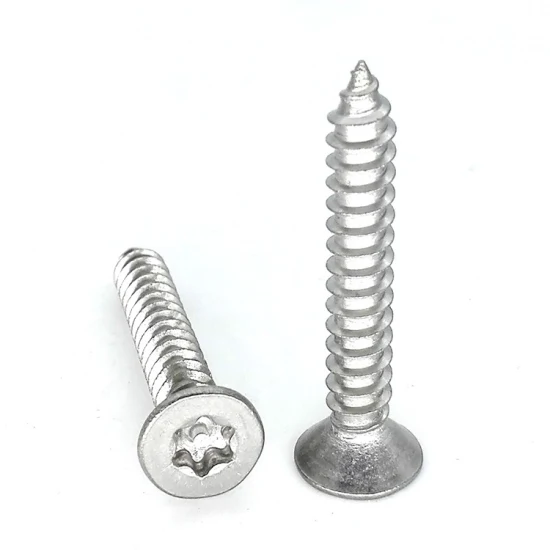
Bonded Fasteners
Bonded fasteners incorporate a built-in sealant or bonding agent, providing both mechanical attachment and waterproofing. This dual function is particularly beneficial in roofing applications where leaks are a concern. By eliminating the need for separate sealants, bonded fasteners streamline the installation process and improve efficiency. They are commonly used to secure roofing membranes, ensuring both attachment and moisture prevention.
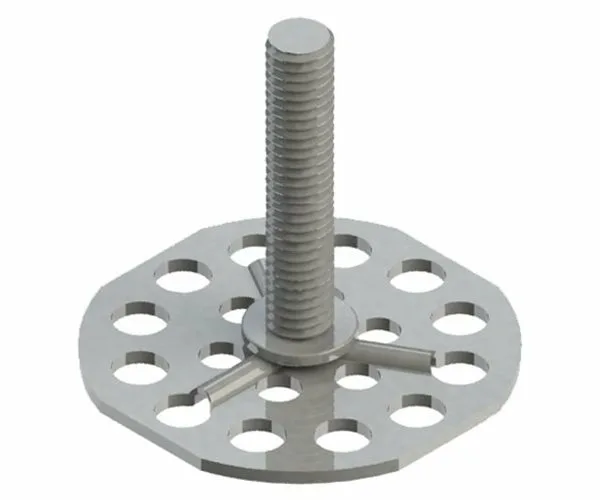
Expansion Fasteners
Expansion fasteners are designed for secure attachment in concrete or masonry materials. When installed, they expand to create a tight grip within the substrate, making them ideal for high-load applications. These fasteners often feature a metal or plastic body that allows for reliable installation in various structural conditions. They are typically used to secure heavy roofing materials or accessories, such as HVAC units, where traditional fastening methods may not suffice.
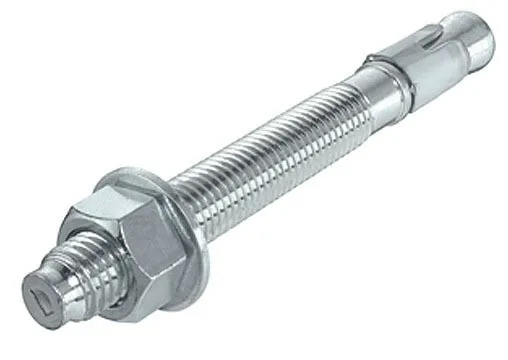
Plated Fasteners
Plated fasteners are coated with a protective layer to resist corrosion and wear, making them suitable for outdoor and harsh weather applications. This type of fastener can be made from various materials, including steel, and is often galvanized or coated with zinc for added durability. Their enhanced longevity and resistance to rust make them ideal for flat roofs exposed to moisture and UV rays, often used to fasten various roofing components.
Mechanical Fasteners
Mechanical fasteners, such as clips or brackets, are used to securely attach roofing membranes and other components to the roof deck. These fasteners provide a reliable mechanical connection that can withstand various forces, including wind uplift. They are versatile and can be used with various roofing materials, often fastening single-ply roofing membranes, metal panels, or additional roofing layers to ensure a strong roof assembly.
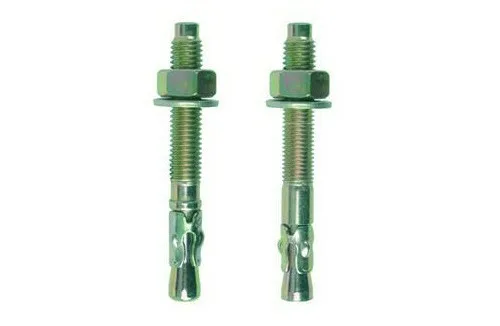
Adhesive Fasteners
Adhesive fasteners utilize a bonding agent to secure materials together without mechanical fastening. This method is advantageous where mechanical penetrations could compromise waterproofing. By eliminating potential leak points and simplifying installation, adhesive fasteners provide a clean and effective fastening method that enhances the overall integrity of the roofing system.
Strap Fasteners
Strap fasteners are metal straps used to provide additional support and stabilization for roofing components, particularly in high-wind areas. These fasteners help distribute loads and can be used alongside other fastening methods. They enhance structural integrity and resistance to uplift forces, often securing roofing elements, such as membranes or panels, to ensure they remain in place during extreme weather conditions.
Factors to Consider When Choosing Fasteners for Flat Roofs
- Ensure fasteners are compatible with roofing materials to avoid corrosion.
- Choose fasteners that can withstand local climate conditions, including UV exposure and moisture.
- Assess the ability of fasteners to support roofing materials and additional loads.
- Consider ease of installation, including whether fasteners require pre-drilling or are self-drilling.
- Opt for fasteners made from corrosion-resistant materials or those with protective coatings for durability.
- Determine the most suitable fastening type (screws, nails, adhesives) for the roofing system.
- Evaluate the cost-effectiveness, balancing initial expense with long-term performance.
Conclusion
Fasteners are key to ensuring the performance and longevity of flat roofs. Choosing the right fasteners ensures proper attachment and protection against environmental elements. By prioritizing high-quality fasteners, property owners can enhance the performance and lifespan of their flat roofing systems, effectively safeguarding their investment and maintaining a strong building.
Cover Image Source: www.ejot.com

